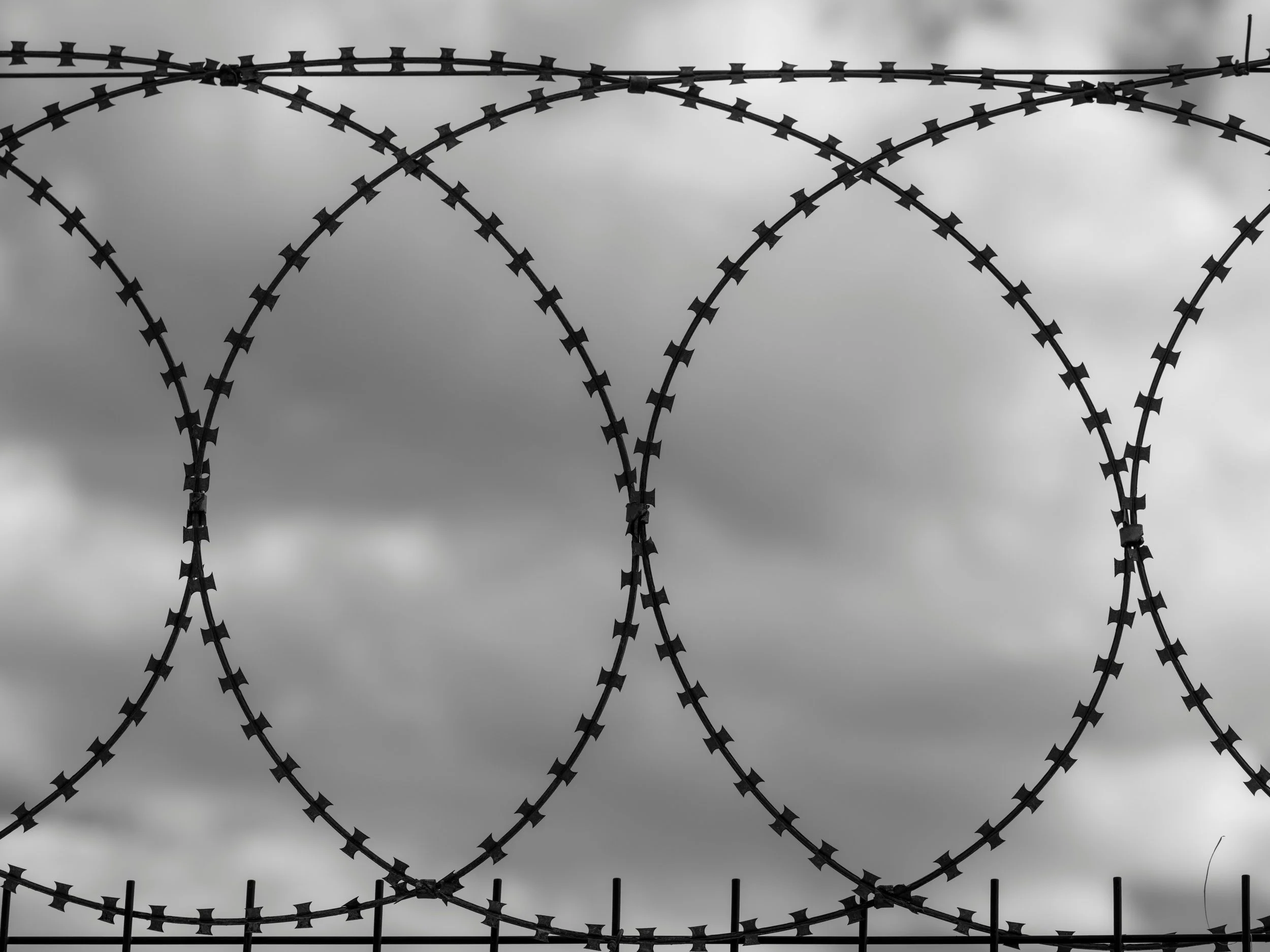The Ugly Side of “Assistance” They Don’t Want to Talk About
The Help That Hurts
We all love a good “helping hand” headline. Assistance. Aid. Resources. Support. It all sounds good on paper — clean, compassionate, charitable.
But let’s keep it real.
There’s an ugly side to assistance that too many people don’t see… or don’t want to see. And when you’ve been on the receiving end of it, you know exactly what I’m talking about.
It’s not just about getting help. It’s about what you have to give up to get it.
Assistance That Feels Like Punishment
You know what’s wild?
The system is built to make people beg for basic survival then shame them for needing it.
Need housing? Prove you're homeless enough.
Need food? Hope you don't make $1 over the limit.
Need therapy? Wait six months, fill out 19 forms, and maybe you’ll hear back.
Need child care? Not unless you're working, but you can't work without child care. Catch-22.
Assistance is often wrapped in red tape, hoops, humiliation, and judgment.
And that’s not support — that’s control.
The Strings Attached Are Often Invisible… Until It’s Too Late
A lot of "help" comes with conditions. Sometimes they're quiet. Sometimes they’re loud. But either way, they’re real:
You’re watched.
You’re tested.
You’re talked down to.
You’re constantly reminded how “lucky” you are.
And heaven forbid you smile too much or buy something “nice,” because people will swear you’re abusing the system.
Even worse, some programs require people to stay in toxic relationships, give up their privacy, or relive trauma just to “qualify.”
What kind of help requires you to shrink yourself to fit it?
It’s Built for Metrics — Not for People
The ugly truth? A lot of assistance programs are designed with numbers in mind, not lives.
They ask:
“How many people did we serve?”
Not: “Did their situation actually improve long-term?”“How fast can we move them through the pipeline?”
Not: “Did we treat them with dignity while they were in it?”“Can we prove they were eligible?”
Not: “Did we miss someone who desperately needed help but didn’t have the paperwork?”
Programs get funded by data. But people survive through compassion. And when the system prioritizes numbers over humanity, folks fall through the cracks every single day.
Assistance Shouldn’t Feel Like Surveillance
Too often, it feels like people have to trade their privacy, freedom, or autonomy just to survive.
You're not helping someone if they feel watched, judged, and stripped of their dignity every step of the way.
True assistance sees the whole person—not just their problems.
It says, “I believe you,” instead of, “Prove it.”
It offers options, not ultimatums.
It uplifts, not controls.
So, What Do We Do Instead?
We redesign help that doesn’t humiliate.
We reimagine systems that don’t require suffering as proof.
We trust lived experience.
We give people choices.
We center dignity—not dependency.
And most importantly:
We listen to the people receiving the help—not just the ones giving it.
Because if your “assistance” doesn’t leave someone better off in body and spirit…
It’s not help. It’s harm with a halo.




